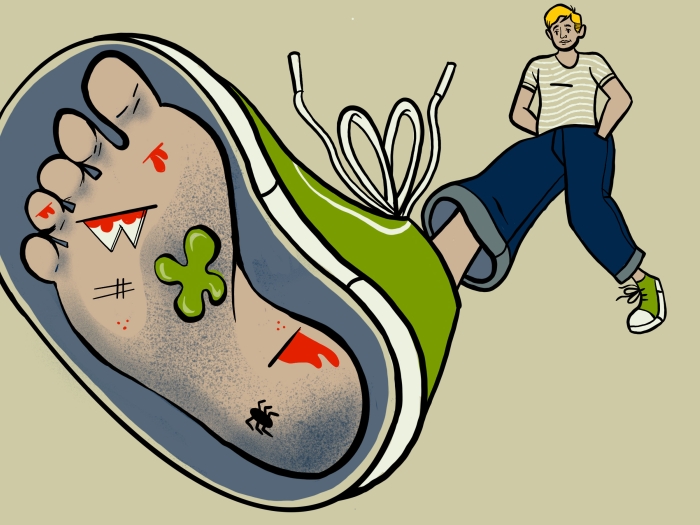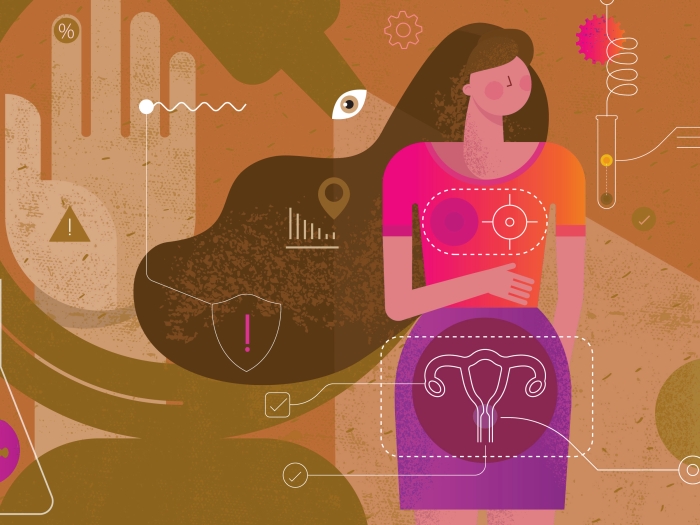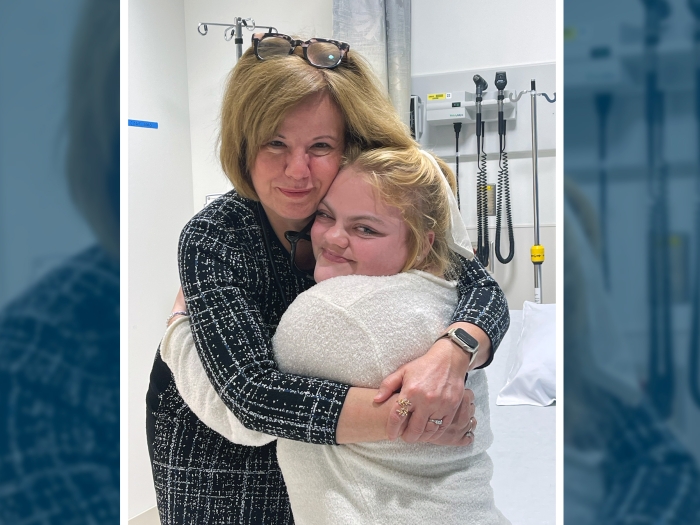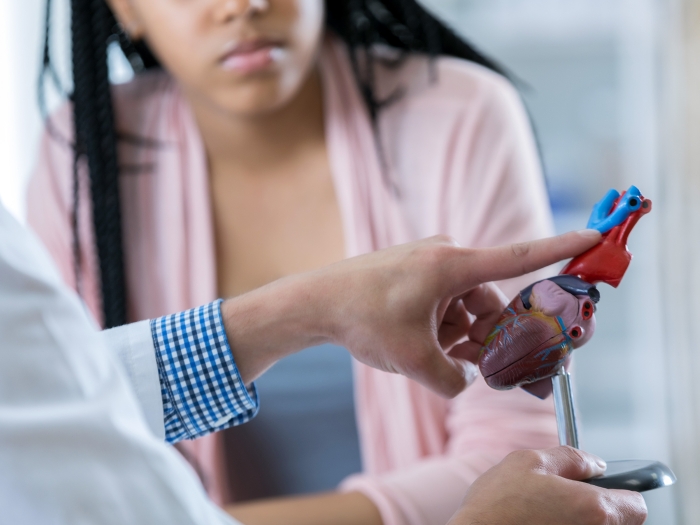Showing 1-15 of 19 results

Health Lab
Tik Tok trend of going barefoot in public is a bad idea according to podiatrists
Department News
The new Epigenomic Metabolic Medicine center (EM2C) will contribute to understanding how genetic variations contribute to common, complex diseases such as diabetes

Health Lab
Obesity care under a health care provider’s supervision, whether through nutrition counseling, medication, meal replacement or bariatric surgery, can help people with high BMI, but many don’t receive it.

Health Lab
Cardiologist shares how weight loss medications may impact cardiovascular health.

Health Lab
Study uncovers genetic components of insulin resistance.

Health Lab
One diabetes program is moving to revolutionize investigations and treatment in the field

Health Lab
Mallory Mattison serves as the inspiration behind critical medical research that’s supporting other patients like her with lipodystrophy syndromes

Health Lab
By studying first-year college students’ experiences and backgrounds, scientists may have discovered a way to go beyond genetics to predict which students might be more or less vulnerable to stress-related depression.

Health Lab
Teams from Vanderbilt University Medical Center and the University of Michigan design a comprehensive study that integrates multiple analytic approaches that has linked a regulatory gene network and functional defects in insulin-producing pancreatic beta cells to type 2 diabetes.

Health Lab
The Michigan Medicine finding suggest a need for more education and screening of older adults for cannabis-related risks.

Health Lab
Research at Michigan Medicine has been working to improve the psychosocial concerns related to diabetes, which often pose issues for people living with the condition

Health Lab
A physician invents a creative approach for medical students in diabetic care.

Health Lab
Living with diabetes at such a young age comes with challenges, but those challenges have inspired Jackson, now 8 years old, to come up with ways for people like him to live a little easier with a new device called "SensePod".

Health Lab
Firearm purchases rose during the pandemic and a survey shows high rates of mental health issues and political extremism among those who bought guns during 2020 and 2021.

Health Lab
New research from U-M shows that adolescents, young adults with advanced heart disease want to take an active role in making medical care decisions alongside their doctors and caregivers. The study sheds light on the importance of including young patients in medical decision-making and the benefits it has on their psychological well-being.